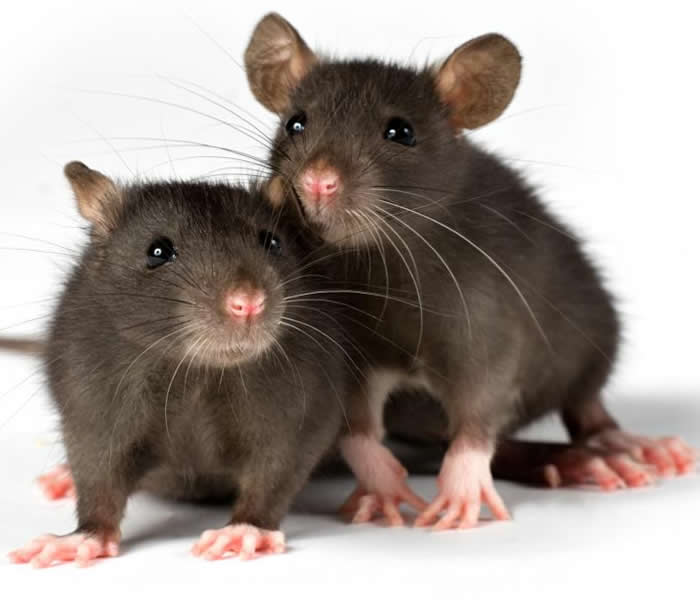Dr Chikwe Ihekweazu, Director General, the Nigeria Centre for Disease Control (NCDC) has confirmed that 29 people have died in 195 cases of Lassa fever reported in 11 states of the federation.
Ihekweazu who disclosed this in a statement he signed on Saturday in Abuja, explained that the aforementioned figures were as at Friday, Jan. 24.
Ihekweazu, said out of the confirmed cases, 89 per cent were from Ondo, Edo and Ebonyi States.
The NCDC boss said that the increased number of cases at this time of the year was not unusual due to ecological factors.
He said that in response to the increasing number of Lassa fever cases across the states in the country, NCDC activated a National Emergency Operations Centre (EOC) on Friday to coordinate response activities.
Ihekweazu said that the EOC includes representatives from the National Emergency Management Agency (NEMA), Federal Ministry of Agriculture and Rural Development, Federal Ministry of Environment, World Health Organisation, UNICEF, US Centres for Disease Control, and other partners.
He said that NCDC would continue to support states in strengthening their preparedness and response capacity. He added that over the last three weeks, NCDC had deployed Rapid Response Teams to support five of the affected states.
READ ALSO: Kaduna Confirms 36-Year-Old Man With Lassa Fever
According to him, Minister of Health, Dr. Osagie Ehanire, led a high-level delegation to Kano State on Saturday, following the deaths of two health workers infected with Lassa fever.
The NCDC DG added that the centre had rapidly increased risk communications and community engagement activities to ensure that Nigerians were aware of the risks of Lassa fever and measures to protect themselves.
He, however, said that there had been a decline in the fatality rate of the reported Lassa fever cases from 23.4 per cent in 2019 to 14.8 per cent this year.
“NCDC continues to support treatment centres across states in the country to effectively manage Lassa fever cases,” he said.
He explained that five laboratories in Nigeria have the capacity to diagnose Lassa fever in the country. Ihekweazu said that the laboratories were critical to reducing turnaround time between identifying a suspected case and confirmation.
According to him, it will ensure prompt case management and other response activities in order to reduce the number of deaths.
“Nigeria is contributing to research and other activities for the development of a Lassa fever vaccine.
“Irrua Specialist Teaching Hospital, Federal Medical Centre Owo and Alex Ekwueme Federal Teaching Hospital Abakalilki- are set to commence Lassa fever epidemiological studies that will provide data to guide research and response activities.
“NCDC remains committed to protecting the health of Nigerians, it is important for Nigerians to practice good hygiene and take measures to protect themselves and their families,” he said.
NAN recalls that the Lassa fever virus is transmitted by rodents, which can be found in the environment. This contributes largely to the risk of spread that occurs in Nigeria and other countries with similar ecological factors.
Nigeria currently does not have a vaccine to protect against Lassa fever, therefore, it relies on strengthening measures such as ensuring proper sanitation, good personal hygiene; standard care precautions by health workers etc.
The measures also depend on personal responsibility as Nigerians have a role to play in preventing the spread of Lassa fever.


